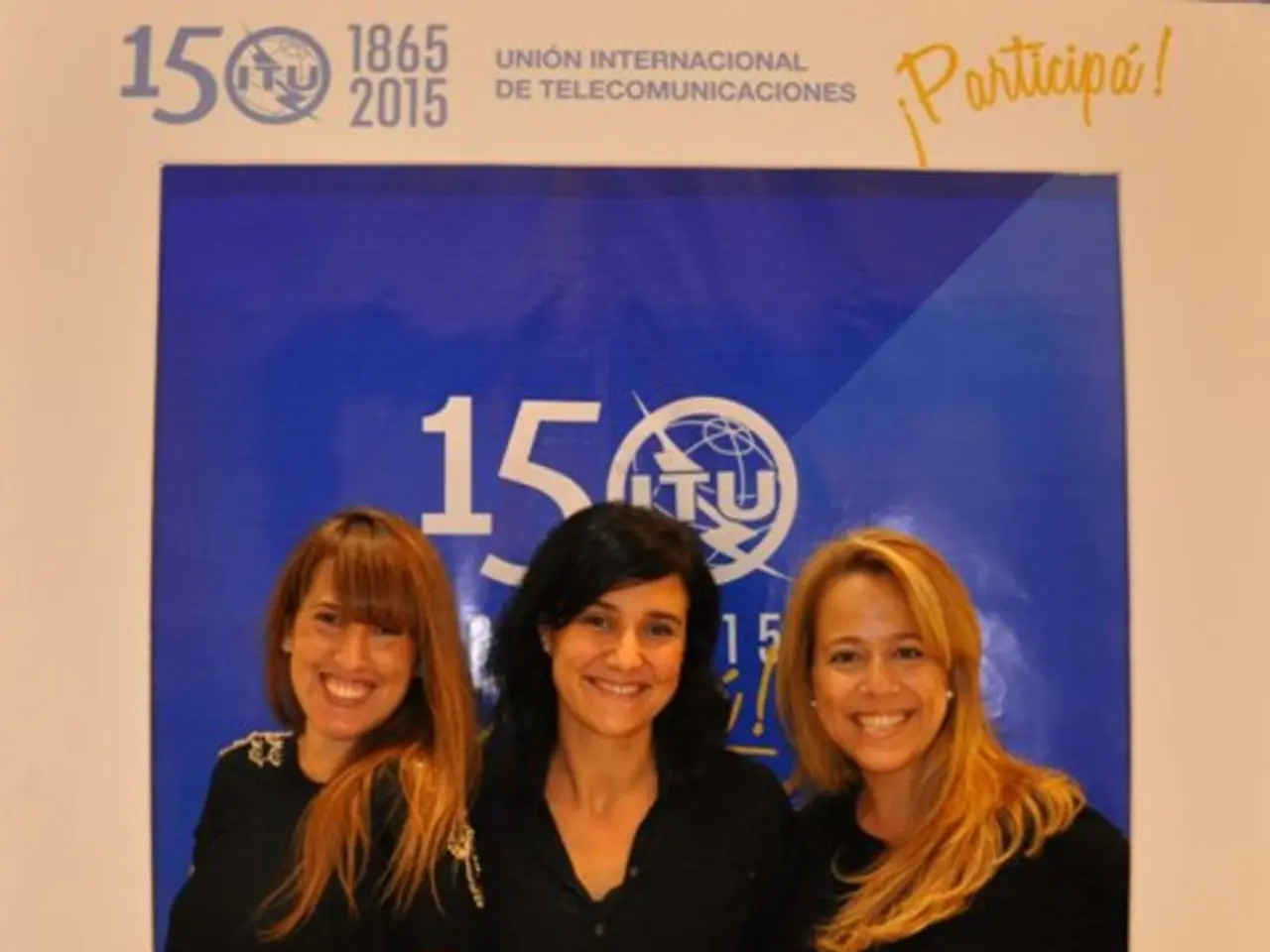Revolution in Medical Field: CRISPR Gene Modification Technique
In a groundbreaking development, the gene editing technique known as CRISPR-Cas9 has taken the world by storm. This innovative technology, first discovered in bacteria for immune defence, now allows for precise changes to an organism's DNA, promising to revolutionise medicine, agriculture, and our understanding of the natural world [1, 6].
At its core, CRISPR-Cas9 consists of two components: the Cas9 protein, acting as a pair of "molecular scissors", and a small RNA molecule that guides the Cas9 protein to a specific location in the genome [2, 3]. With this power, scientists can add, remove, or modify specific genes [5].
However, as with any transformative technology, ethical concerns have arisen. The potential implications for "designer babies" and inheritable trait alteration have sparked debates about the moral and societal boundaries of gene editing [11]. To address these concerns, ethical guidelines emphasise strict oversight, transparency, and careful distinction between somatic and germline editing [13].
Germline editing, which involves changes to sperm, eggs, or embryos, could permanently alter the human gene pool with unknown risks. In response, many experts advocate for a moratorium on editing human germline cells [4]. Research involving CRISPR editing, especially in humans, must be approved by institutional ethics committees and comply with international standards [13].
The World Health Organization (WHO) has created expert advisory committees to develop global standards and governance frameworks addressing the scientific, ethical, social, and legal challenges of gene editing [13]. These frameworks aim to harmonise regulations, address disparities between countries, and clarify concepts like human dignity and potential harms to future persons [13].
Balancing the advancement of medical knowledge with principles like informed consent, equal access to treatment, and preservation of human dignity is crucial in gene editing discussions [13]. Stakeholder involvement, including scientists, clinicians, patient advocates, policymakers, and the public, is essential to ensure that development aligns with societal values, equitable access, and patient welfare [4].
In medicine, CRISPR-Cas9 holds the potential to revolutionise the treatment of genetic diseases. Many genetic disorders currently have no cure, and treatments often focus on managing symptoms rather than addressing the underlying cause [8]. With CRISPR-Cas9, scientists can target the root cause of genetic diseases by editing the faulty genes responsible for the condition [9].
Beyond medicine, CRISPR-Cas9's potential applications extend to agriculture, offering new avenues for developing crops that are resistant to pests, diseases, and climate change, addressing food security challenges and reducing environmental impact [14].
In conclusion, CRISPR-Cas9 represents a significant leap forward in gene editing, offering unprecedented precision and efficiency. As we navigate the profound implications of altering human DNA, particularly in a heritable manner, ethical guidelines centre on precautionary principles, strict ethical review, transparent oversight, and international cooperation [1, 2, 3, 4, 12, 13, 17]. It is our responsibility to ensure that this powerful technology benefits humanity without crossing ethical boundaries.
- The application of CRISPR-Cas9 technology in health and wellness could revolutionize the treatment of medical-conditions, particularly genetic diseases, by targeting the root cause of diseases and editing the faulty genes responsible.
- In the field of health and wellness, ethical guidelines emphasize the need for careful distinction between somatic and germline editing, strict oversight, transparency, and the upholding of human dignity and potential harms to future persons.
- To address the ethical concerns surrounding CRISPR-Cas9 therapies and treatments in the health-and-wellness sector, the World Health Organization has created expert advisory committees to develop global standards and governance frameworks, aiming to harmonize regulations and clarify ethical boundaries.




